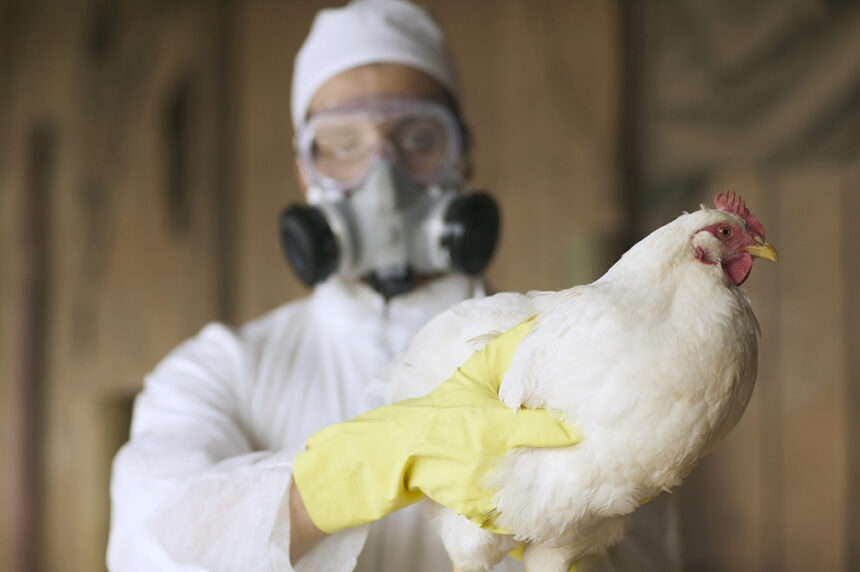The recent confirmation of human cases of bird flu in the United States has raised significant public health concerns, particularly regarding the undetected nature of these infections. A study involving 115 dairy workers across Michigan and Colorado found that 7% had antibodies to the highly pathogenic H5N1 bird flu virus during a period from June to August 2024, with half reporting no associated illness . This finding underscores the potential for mild cases to go unnoticed, complicating efforts to monitor and control the spread of avian influenza among humans.
The good news is this means most people who have contracted bird flu so far have not been severely impacted. Half of those with the virus antibodies in their blood did not report being ill, so may have only experienced mild symptoms.
However, while the current risk to public health is still low, researchers are concerned that allowing the virus to spread without control provides it with a greater opportunity to mutate into more threatening strains.
California, which has been hit hard by outbreaks in dairy cows and poultry, has three more outbreaks from three different counties. They include a commercial broiler farm in Fresno County that has 172,800 birds, a turkey farm in Merced County that has 38,200 birds, and a turkey farm in Stanislaus County that has 22,400 birds.
Two states—Minnesota and Washington—reported outbreaks in backyard poultry. Minnesota reported two events in Martin County, its first since July. Taken together, the sites have 70 birds. Washington’s outbreak occurred at a location in Whatcom County that has 40 birds.
Canada has also just reported its first known case of bird flu in humans, a teenager who is currently in a critical condition in hospital with a mutated version of the strain identified in the US dairy cow outbreak. Early genetic sequencing shows a change in a gene known to increase a virus's ability to infect humans.
So far the Canadian case appears to be an isolated incident, but these concerning examples emphasize how easily the risk a virus poses can change, reinforcing the importance of close tracking and careful management of outbreaks.
In August, PAHO, the Pan American Health Organization, issued an epidemiological alert urging for increased prevention, surveillance and diagnosis of the viral infection, which is spread by the bite of a mosquito or a midge (a kind of fly that bites humans).
Read more
Camp Nou Return Delayed: Barcelona to Play at Montjuïc Until February 2024 Heavy snow closed A30 after crashSarah H
Also on site :
- Michael J. Fox: Parkinson's "sucks"
- Bowled over for breakfast cereal
- Wrestling icon Ric Flair reveals skin cancer diagnosis for ‘second time in three years’

